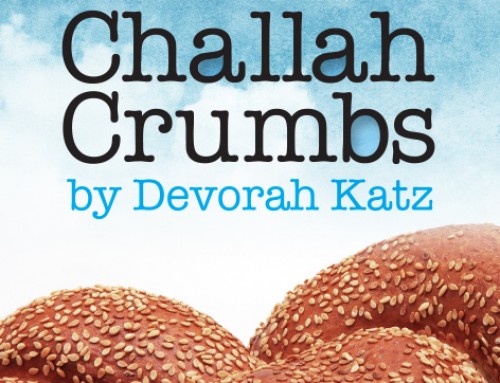In this week’s parsha, God saves Noah, after destroying the rest of the world with a flood.
Although God clearly thinks Noah is a worthy individual, it takes another 10 generations until God chooses Abraham, the person with whom He’d like to make a covenant to build a special nation.
Why wasn’t that Chosen One Noah? What is missing in Noah’s character – that we find in Abraham – that makes him worthy to be saved but not worthy to be chosen for the ultimate covenant and plan?
Hint: think about how Noah reacts to impending doom and destruction and how Avraham does?
When God tells Abraham that He has to destroy Sdom, Abraham pleads, prays and bargains with God to save the people of that city. He cannot rest until he knows he has done everything to intervene and try to save them. He assumes that if he knows about it, he must do something to help.
What’s Noah’s response when God tells him that He is destroying the world? He follows orders and builds his ark to save himself and his family. Now, Noah is described as righteous and as someone who “walked with God” and “found favor in God’s eyes,” but his sense of responsibility to others pales in comparison to Abraham’s .
We learn a very important lesson from here: what God wants from us is not only to build a relationship with Him but to develop a sense of community as a world and to care about others and their troubles. Every city and every nation! The Torah here, with this comparison, is demandingfrom us a very high level of social consciousness and social justice.
Just as God cares for everyone and bestows good upon the world, so must the ultimate servant of God behave similarly!
Discuss: What sorts of problems do you see in your community, country or world that an Abraham wouldn’t stand for? How can you help or get involved and not just worry about yourself, remaining grateful for your blessings but unaware of what others lack?







Leave A Comment